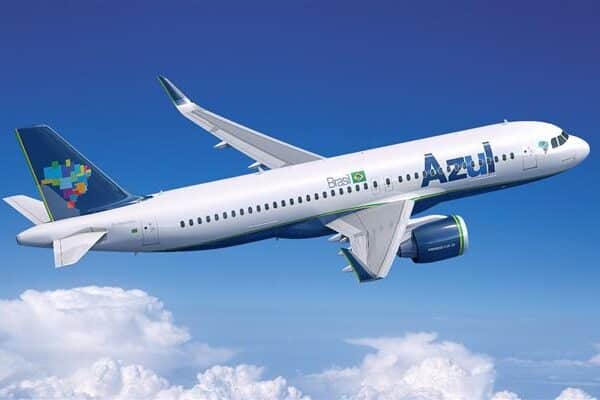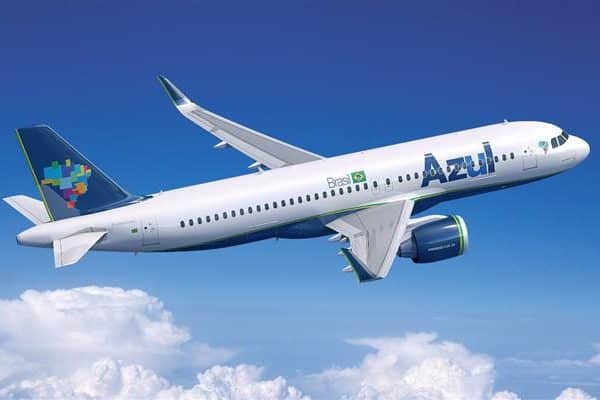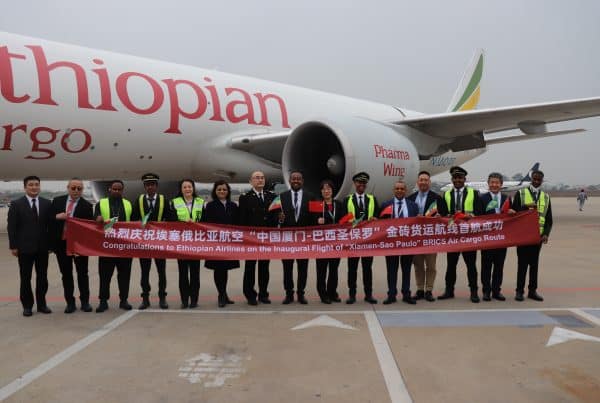
With a meager demand for passengers flying within Brazil in the past two months, the airlines Azul, Gol, and Latam have left the competition a little aside and have come together to ask for greater flexibility for the industry. John Rodgerson, CEO of Azul Linhas Aéreas, Paulo Kakinoff, CEO of Gol, and Jerome Cadier, CEO of Latam Brasil, in addition to the CEO of Anac, Juliano Noman, were guests of this week’s live at the investment bank BTG Pactual. According to the three executives, without a review of processes and costs, the resumption of the market could be directly impacted in the post-pandemic scenario.
Rodgerson, from Azul, recalled the “dispute” with his competitors – Gol and Latam – over the slots in Congonhas and said that that moment is not reminiscent of the current scenario. “It was much more fun to fight for landing and takeoff times in São Paulo than facing a pandemic. We are not against each other, we are together for the sector. No aircraft in the world has value today. Now it’s time to come together to save the industry, ”said Azul’s CEO.
Cadier again said that, in his opinion, the resumption will happen in two moments: first the return of domestic short-term trips and then the return of international flights. He also advocated flexibilization and said it needs to happen across the chain, from aircraft lessors to travel agencies. “We are doing our part, giving passengers the flexibility to reschedule at no cost, to postpone their trip until next year. But we also need to find this flexibility together with our partners and suppliers, review costs and optimize what is possible ”, highlighted the president of Latam Brasil.
He cited as factors that bring inefficiency to aviation in Brazil the fact of having one of the most expensive fuels in the world, expensive navigation costs, compared to competing countries in South America, and very high costs with labor legislation. “To look to the future, we need to see the dimension of flexibility that we will have to offer an even stronger sector”.
LESS INTERACTION AND MORE DIGITALIZATION
For the president of Gol, Paulo Kakinoff, the current crisis will bring trends that were already happening, only now at a much greater speed. “Before the pandemic, around 70% of passengers boarded a plane with no human interaction. The perspective from now on is that this number will jump to 90% ”, exemplified the executive. With this, each company will be able to review its costs with check-in counters and employees and redirect them to new technological projects.
Kakinoff, like Cadier, also believes in a slower resumption and says aviation will become more expensive as new security measures are adopted. “When we have a vaccine or some type of immunization, the measures implemented today can be left out. People won’t have to travel in masks forever. ”
WILL REGIONAL MARKET GROW?
In Rodgerson’s assessment, it is quite possible that it does. But he again said that this will only be possible when Brazil and its taxes are “more flexible” to companies. “This market was very small before the pandemic, so I believe that we can grow a lot. So we ask for a reduction in taxes. There is no point in opening the market to foreign capital if we continue with the same taxes as before. Why did no one enter with capital when Avianca Brasil went bankrupt? Because it is expensive to fly in Brazil ”, he stressed.
“It is a shame that Colombia has more passengers per inhabitant than Brazil. Many Brazilians know the interior of France, but they do not know Foz do Iguaçu. ”
RATES, LOADS AND SECURITY
Asked by Lucas Marquiori, from BTG, if there is already a forecast of what the air ticket fare will be like in the post-pandemic, the president of Latam Brasil opted for caution. “I try to avoid it because it is quite possible for me to miss any prediction. In the short term, the price will depend on the capacity, the return of the sale, the return of the trips. In the long term, we will have to have the dimensions of our costs with the surge in the dollar, remembering that many of our contracts are made in dollars. But what I can guarantee is that we want a fare that invites passengers to fly again ”
Rodgerson said Azul has already converted several passenger aircraft into cargo planes to meet the high demand for cargo in recent days. “People are locked in their homes and are buying. They need to receive their purchases, documents, artifacts … We will continue to invest in logistics since our highways do not have the traffic capacity that our airplanes have ”, he said.
Finally, the president of Gol, a company that today announced a 47% increase in the number of flights for June, showed optimism and said that he does not believe in a world very different from the one we already knew. “The processes are temporary and transient. Customers are collaborating, new technologies are being implemented much faster. We will have an industry with a much better level of efficiency than we had before the crisis ”, he concluded.




